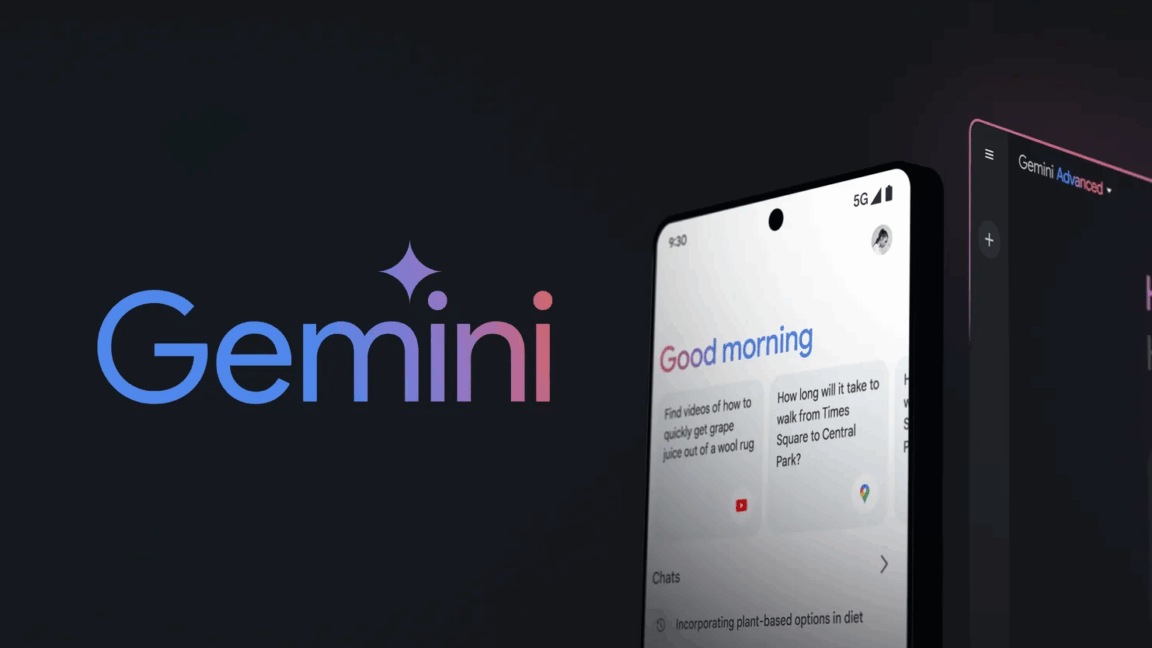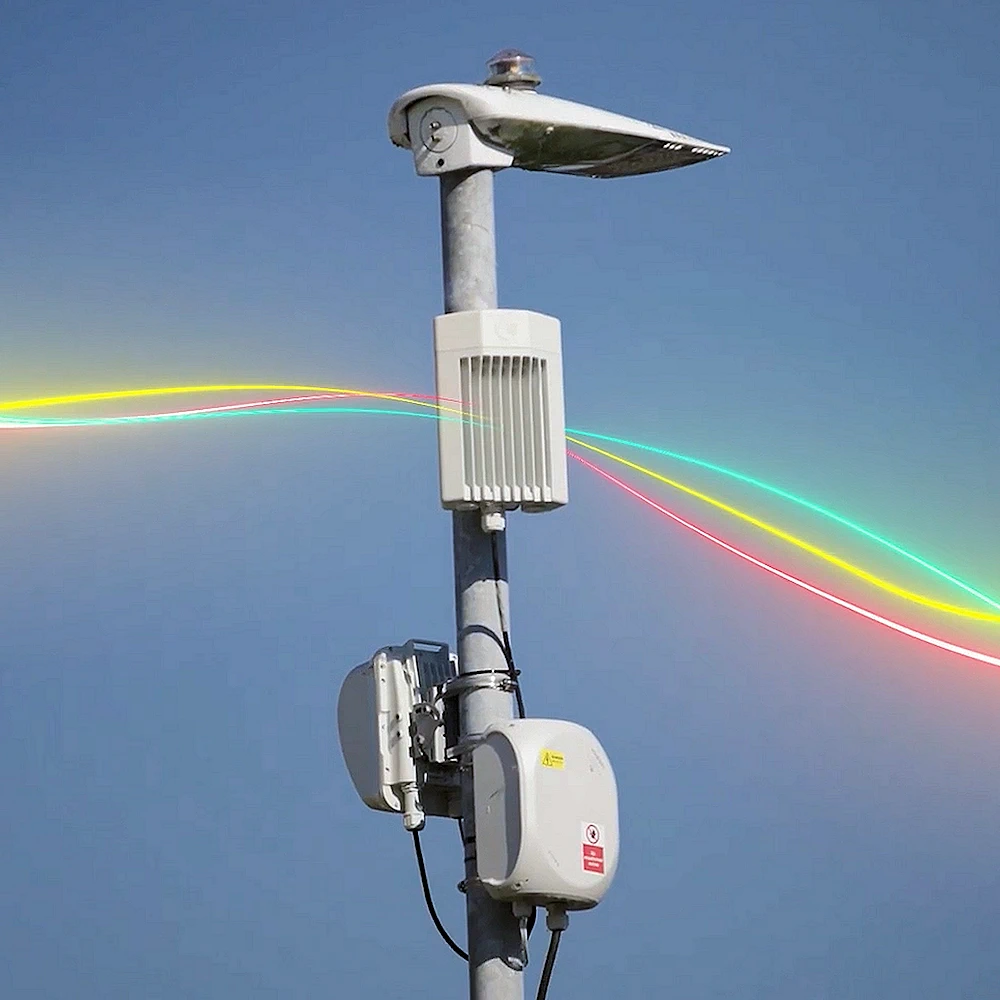Google has initiated a significant change to its Android ecosystem, permitting its Gemini AI engine to interact with third-party applications such as WhatsApp, Messages, and Phone, even when users have previously blocked such interactions. This update, which started rolling out automatically, raises concerns about user privacy and control over personal data.
Users who wish to prevent Gemini from accessing their apps will need to take proactive steps, as the company’s recent communications do not clearly explain how to fully disable or remove Gemini’s integration. An email sent by Google to Android users mentions that the data accessed by Gemini can be reviewed and processed by human reviewers, including service providers, and that data may be stored for up to 72 hours—even if app interactions are blocked.
The communication from Google was ambiguous, stating that if users have already turned off Gemini features, they will remain off, but providing no detailed instructions on how to ensure complete disconnection. Additional support pages linked in the email required users to navigate separately to manage their app settings, further complicating the process.
Upon checking their account settings via a browser, some users discovered that Gemini activity had not been stored if they had disabled the service, yet the system still indicated that data might be stored temporarily for 72 hours. This inconsistency has caused confusion among users seeking to safeguard their privacy.
Google’s lack of clear guidance and the automatic nature of the rollout mean that many users might remain unaware of the extent of data access by Gemini, emphasizing the importance of proactive account management to retain control over app interactions and data privacy.

![[AS262448] DIALHOST INTERNET EIRELI](https://r2.isp.tools/asn/262448/logo/image_100px.png)






![[AS266915] QUALITY TELECOMUNICAÇÃO](https://r2.isp.tools/asn/266915/logo/image_50px.png)
![[AS264242] Diogo Cássio Cabral Me](https://r2.isp.tools/asn/264242/logo/image_50px.png)
![[AS268289] AUDICOM TECNOLOGIA E TELECOM LTDA](https://r2.isp.tools/asn/268289/logo/image_50px.png)
![[AS269070] Hostzone Tecnologia LTDA (2 probes)](https://r2.isp.tools/asn/269070/logo/image_50px.png)
![[AS61876] DELTA CONNECT](https://r2.isp.tools/asn/61876/logo/image_50px.png)
![[AS263980] G3 Telecom EIRELI](https://r2.isp.tools/asn/263980/logo/image_50px.png)
![[AS53178] SCNet Equipamentos de Informática Ltda (3 probes)](https://r2.isp.tools/asn/53178/logo/image_50px.png)
![[AS262741] CONECTSUL SOLUCOES EM INTERNET](https://r2.isp.tools/asn/262741/logo/image_50px.png)
![[AS262448] DIALHOST INTERNET EIRELI](https://r2.isp.tools/asn/262448/logo/image_50px.png)
![[AS7195] EdgeUno (5 probes)](https://r2.isp.tools/asn/7195/logo/image_50px.png)